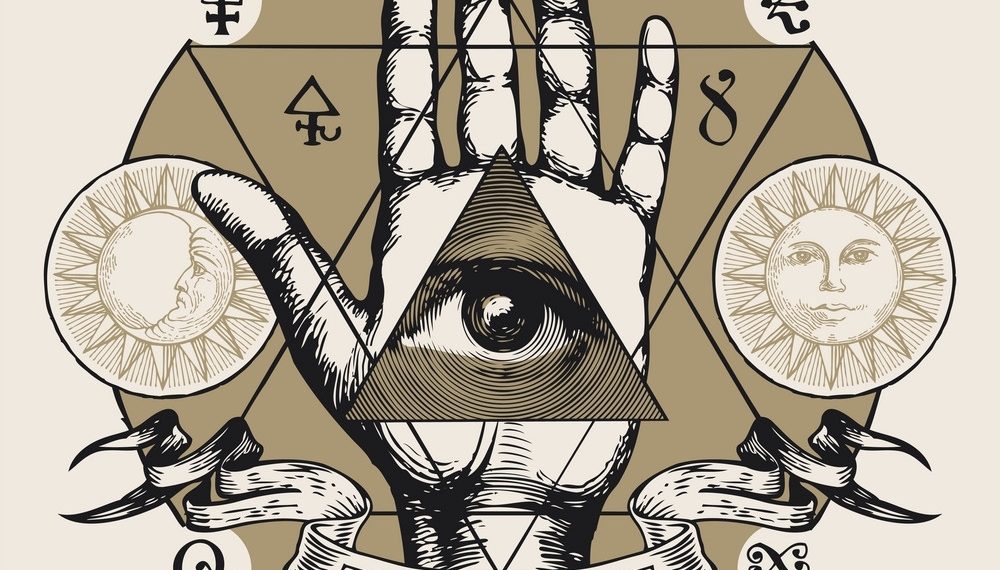John Dee (13 July, 1527 – 1608) was a mathematician, astronomer, astrologer, occultist, and consultant of the Queen Elizabeth I (yes, of Tudor fame). In 1581, at the age of 54, Dee wrote in his personal journal that God had sent “good angels” to communicate directly with mankind. In 1582, he collaborated with fellow occultist and seer Edward Kelley (1 August 1555 – 1 November 1597) to facilitate communication with the angels. Their attempts resulted in the development of the Enochian language.
Dee himself never described the language as “Enochian.” He preferred to describe it as “Angelical,” the “Celestial Speech,” the “First Language of God-Christ,” and particularly “Adamical,” because Dee asserted it was used by Adam in the Garden of Eden to name all of God’s creatures. Dee went on to further postulate that after he was ejected from Eden, Adam invented a form of “proto-Hebrew” based on what he could remember from the Celestial Speech. This proto-Hebrew continued to be the language of mankind until the Tower of Babel. Finally, Dee claimed that from the time of Adam to the time of Dee and Kelly, Celestial Speech was a secret to all humans with the exception of a single patriarch – the apocryphal Enoch, whom legend dictates recorded the Book of Loagaeth (Speech from God), itself lost in the Deluge of Noah. This is the pretext upon which the language was later named “Enochian.”
On March 26th, Kelley and Dee began writing the Liber Loagaeth (Book of Speech from God), which was ultimately comprised of 49 great letter tables – squares made of 49 by 49 letters, including a front and back, making 98 49 by 49 tables in total.
The second important set of documents in Enochian were written a year later. They comprised 48 poetic verses called the Claves Angelicae (Angelic Keys), which Dee intended to use to “open the 49 Gates of Wisdom/Understanding,” represented by the 49 magic squares in the Liber Loagaeth.
ENOCHIAN ALPHABET
 It is read from right to left, as specified in John Dee’s diary.
It is read from right to left, as specified in John Dee’s diary.
Enochian is not without its skeptics. Australian linguist Donald Laycock, for example, has pointed out that the texts in the Loagaeth demonstrate phonetic features that do not appear in natural languages. Rather, the phonetic features are associated with glossolalia, or speaking in tongues. The syntax of Enochian also bears strong commonalities with English, Dee and Kelley’s natural language. Such similarities include the word luciftias, a term meaning “brightness,” bears a connection to Lucifer, whose name means “light bringer.” Londoh, the Enochian word for kingdom, may represent Dee’s admiration for his royal patron, the Queen of England.
Later, the society of Thelema, begun by Aleister Crowley, published its own pronunciation guide in the Equinox, a periodical for his magic order.
“The way the Golden Dawn used is the more common known one, but it is also more cumbersome. Each enochian consonant that is not followed by a vocal borrows the vocal of the hebrew name of the correspoding letter. For example the enochian letter “b” would sound like “be” because the corresponding hebrew letter for “b” is named “beth” in hebrew language, the enochian letter “n” would sound like “nu” because “nun” is the hebrew name for the letter “n”. So Wynn Westcott of the Golden Dawn pronounced “OOMDI” like this: “Oh-Oh-Meh-Dah-Ih”, the enochian “vabzir” would sound like “Vau-Aah-Beh-Zod-Iih-Reh” – the enochian “z” is always pronounced as “zod”.
…
John Dee’s way of pronounciation is quite different from the Golden Dawn’s rather complicated one. Dee spoke the enochian language with an english accent, although we do not know today, how this english sounds in his time. The only one human, who actually heard enochian language was Edward Kelley, who also uttered it during the sessions. Laycock reconstructed the pronounciation-rules and condensed them into this table of reference:
A – long (stressed) like in lahm, short and unaccented like in Paste
B – unchanged, silent when between an m and another consonant, or after an m as ending consonant.
C – as k before a,o,u; as s before i,e (with many exceptions) and in clusters: noncf = nonsf
CH – as k in almost all positions, but as ch at the end
D – unchanged d in all positions
E – like the long eee (accented), (unaccented) like the english bed
F, PH – unchanged f
G – hard g in front of a,o,u; as j before i,e in endings, after d and in clusters
H – like h. Silent after a vocal, prolonging it
I, Y – stressed like a long ii, unaccented like the english bit, in combinations like “ai”, “ei” or “oi”. As y when at the beginning of a word.
K, L, M, N – unchanged in all positions
O – accented like the french mot, unaccented like the english not, in combinations “oi”, “ou” or “oo” like fool
P – unchanged in all positions except PH
Q – like kw, but the word q is pronounced as “qwa”.
R – like the english r, can be rolled, too.
S – voiceless s. At some places it can be voiced where it fits best in english.
SH – voiceless sch like “Schiff”
T – unchanged t
TH – english þ
U – either a long u or short u, at the beginning of a word “ju”, as v or w in front of other vocals and at the end of a word.
X – as our well-known x
Z – voiced s like the english zoo, at some rare places like “zod”.
Anton LaVey used the Enochian language in the Book of Leviathan of the Satanic Bible. He included English translations of the mantras, which were intended to be recited during Satanic rituals in much the same way one would use bija mantras in Sanskrit during meditation. Based on his example, many Satanists have included Enochian Keys in their rituals, some even adopting the entire language for their use.


